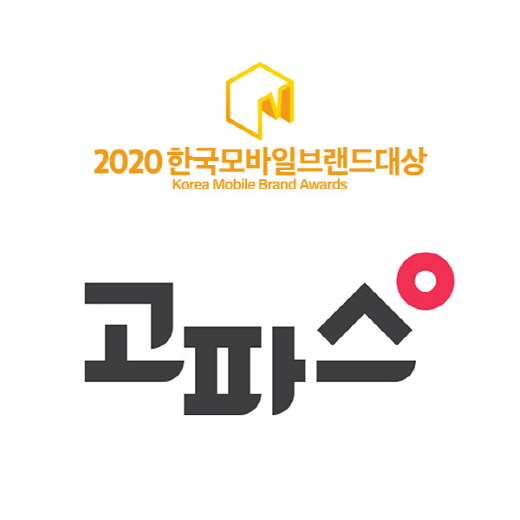Professor Kim Jin-ho (right) and Kwon Geun-young (left). Provided by Korea University.
By Giorgio Cioffi (gio12060@korea.ac.kr)
There are existing studies that claim a positive correlation between marriage satisfaction and cognitive function. However, there are no studies that have explored the possibility of this relationship also depending on gender. Professor Kim Jin-ho and student Kwon Geun-young (’20, Health Policy and Management) provided fresh insights on the issue, publishing an original study in the academic journal *Innovation Aging* on July 26. As a result of the analysis, it was found that the cognitive impact of marriage dissatisfaction varies greatly depending on gender, affecting the male population with almost double severity. The study then points out that the cause may be found in a greater emotional dependence on wives, as they assume the role of “kin-keeper” in the couple.
Co-author Kwon Geun-young – a former Chief of General Affairs of *The Granite Tower* (GT) – offered GT a closer insight into her role as a student and researcher in this field.
GT: Could you elaborate a little bit about your precise role in this research?
Kwon: During my lab intern period at the “Health Sociology and Demography Lab,” I had the opportunity to participate in some of my professor’s research. As the co-author of this study, I investigated and organized major theoretical frameworks that explain the statistical results we have, as well as developing the overall storyline and the context of the research paper.
GT: Why do you think there is such a significant gender difference, and what does it mean for understanding cognitive health in aging individuals?
Kwon: As the results of our research indicate, the gender difference reflects that men's cognitive health tends to be more strongly affected by the quality of marriage, which includes both the positive aspects (e.g., support and companionship) and the negative aspects (e.g., conflict and dissatisfaction). Such gender heterogeneity can be explained by men's higher dependence on marital relationships.
GT: What implications do your findings have for policymakers and healthcare practitioners?
Kwon: As for dementia prevention, a personalized approach to individuals, especially those in the risk population, is needed to prevent declines in cognitive health. A possible solution may be increasing men’s autonomy in marital relationships by giving them the caregiver role or assisting older men with low cognitive abilities by providing interpersonal skills training or marital counseling to improve the quality of their marriage.
출처 : 고려대학교 고파스 2025-08-14 00:23:06:
import_export
|
고대뉴스 N 따끈따끈한 학내 소식을 전합니다. |
새로고침 | 로그인 |

|
익명 GT | 등록일 : 2023-08-26 00:04:06 | 글번호 : 13312 | 0 802명이 읽었어요 모바일화면 URL 복사 |
|
[SPECIAL NEWS] Meet Kwon Geun-young – Study on Link Between Marriage Life and Dementia
|
|
|
|
|
| 새로고침 | 목록보기 |





| 댓글을 작성하실 수 없습니다. (권한이 없는 회원레벨) |
| 목록보기 |
 |
캠퍼스프렌즈 | 대표 : 박종찬 서울 강남구 테헤란로70길12 402-418A 사업자 등록번호 : 391-01-00107 |
02-925-1905 e-mail : kopapa@koreapas.com 고파스 소개 | 이용약관 | 개인정보취급방침 | 이용문의 | FAQ |



